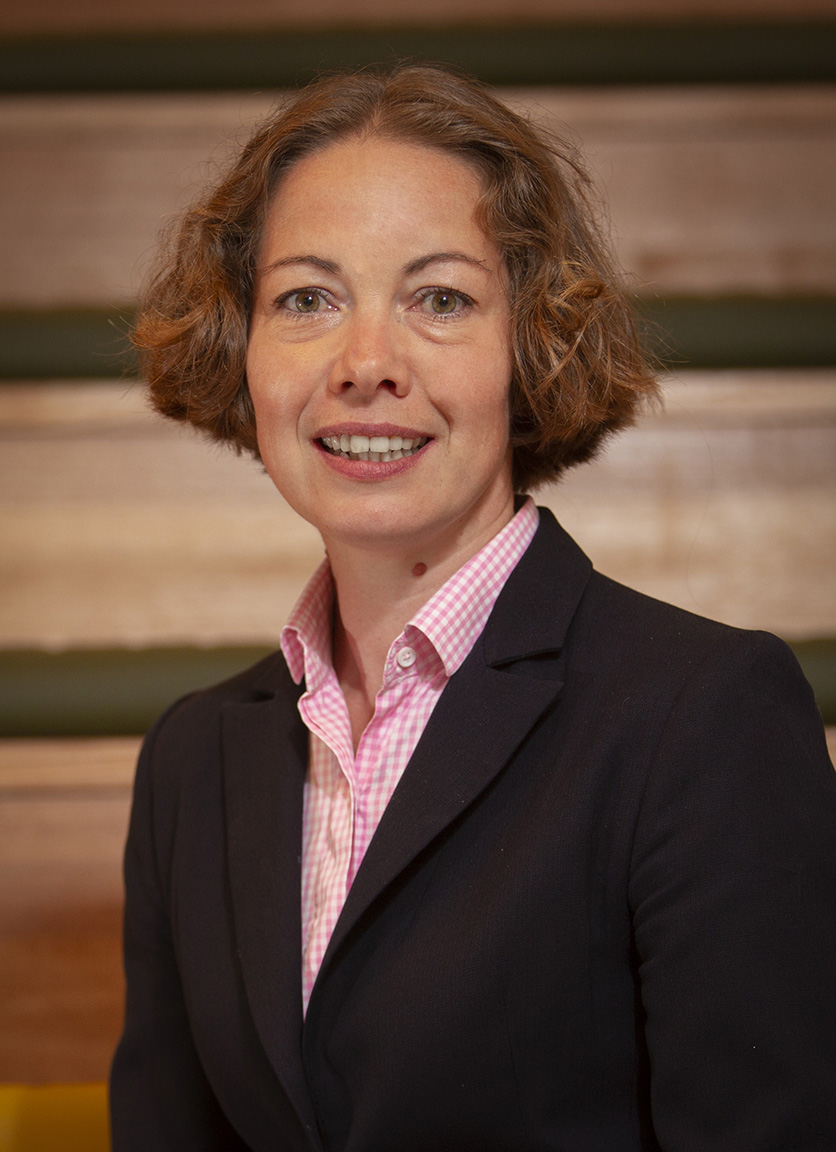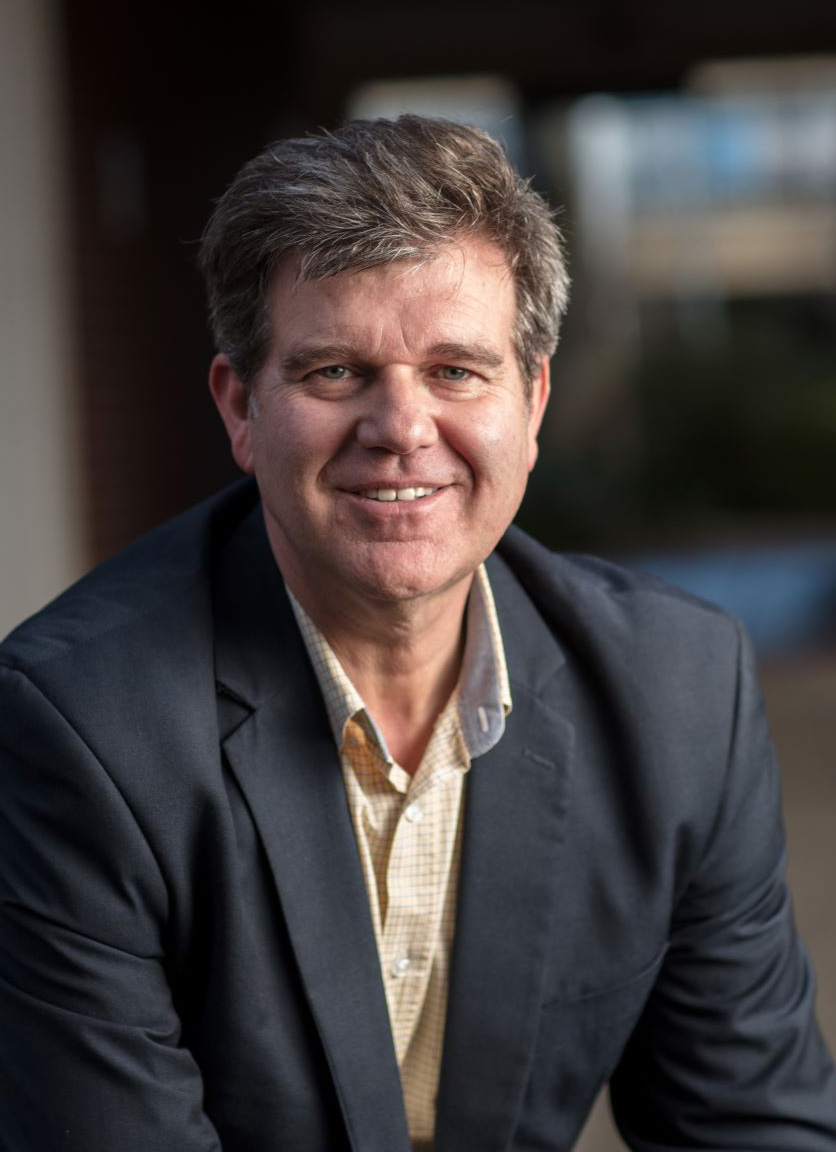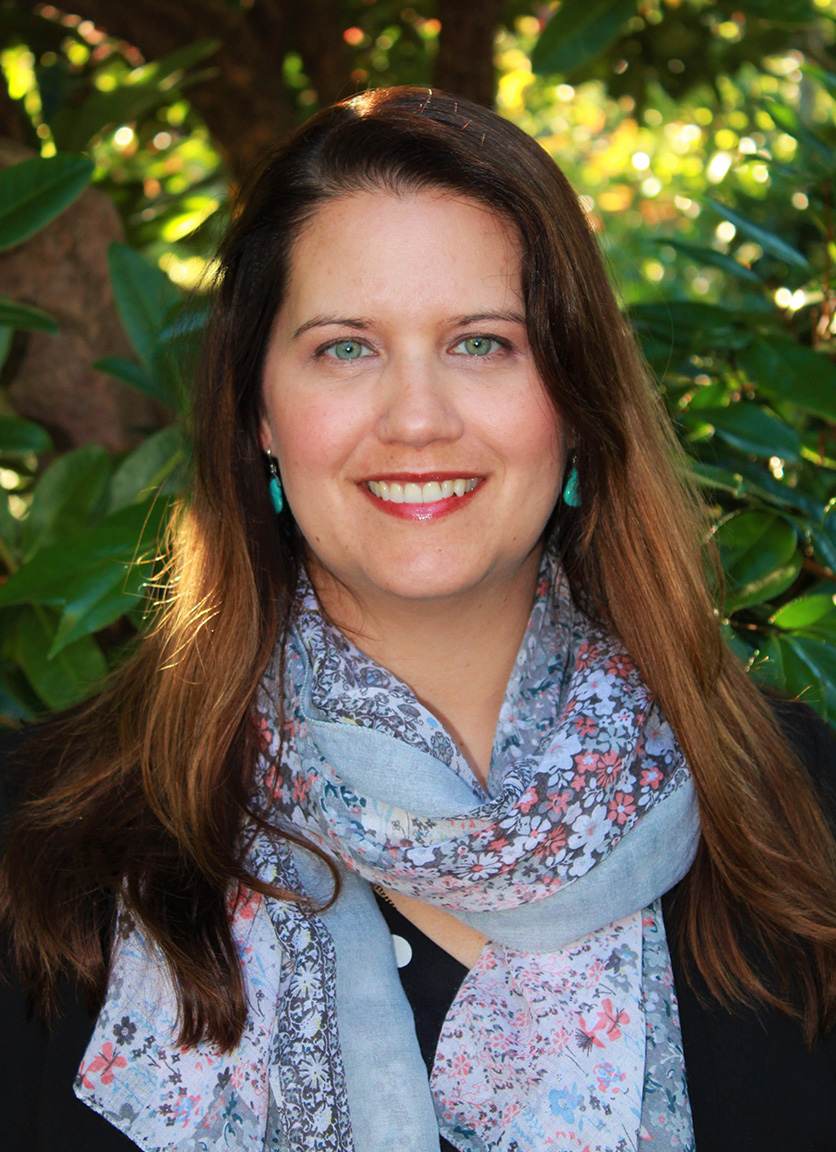Before Covid-19 disrupted international travel, nearly 60,000 Australian students were participating annually in Study Abroad programs, with the United States, the United Kingdom and China among the most popular destinations.
Today, as demand for these courses surges to record levels in the post-pandemic era, research led by The Australian National University (ANU) College of Business and Economics (CBE) reveals the number of languages students speak can influence the kinds of activities they prioritise while being abroad.

Looking specifically at Short-Term Study Abroad (STSA) programs, a study conducted by Dr Marina Iskhakova, Dr Andrew Bradly and Dr Dana Ott found that monolingual, bilingual and multilingual students gravitate toward different experiences during their time overseas.
“We found that monolingual students focused more on preparation experiences and people-related interactions, particularly with business leaders,” the authors explain.
The language spoken in the host country also played a role in the way students behaved during their international trips.
“In English-speaking countries, students – especially monolingual – prioritised interactions with business leaders and business visits,” says Marina.
According to the ANU experts, these notable differences emerged due to factors such as varying levels of comfort, cultural competence, confidence and prior cultural exposure among students.
“Bilingual and multilingual students often possess higher cultural awareness and openness, leading them to seek deeper engagement regardless of the language spoken. Monolingual students, on the other hand, are drawn to interactions where language isn’t a barrier to boost their confidence,” says Andrew.
In search of meaningful experiences
To understand how language diversity affects student’s experiences, Andrew –in his capacity as CBE Director of Global Mobility –worked closely with CBE’s Global Business Immersion course. This STSA program, delivered between 2016 and 2020, provided ANU students with a two-week exposure to the business environment of one of nine global destinations: the US, South Korea, Vietnam, the UAE, the UK, Sweden, Russia, India and Taiwan.

As part of the data collection process, participating students were asked to keep daily journals, recording observations and interactions they found especially memorable – what the researchers describe as “meaningful experiences.”
“Meaningful experiences are impactful encounters or interactions that create a lasting impression on an individual. They are significant for the students’ professional growth and purposeful for their future aspirations,” says Marina.
“Eating a nice ice-cream or riding a roller-coaster may be pleasant, but it’s not transformative. To identify meaningful experiences, we had to analyse around 1,500 pages of student journals – about 465,000 words in total!”
The discussions with Citibank trading analysts had a massive value. Personally, seeing other Australians in prestigious positions was inspiring and lifted the bar for what I think I can now achieve.
Thanks to this insight, the researchers were able to examine how language diversity can impact the types of experiences students are likely to engage in while studying abroad.
“Before our study, there was a lack of understanding regarding how students from different backgrounds, with more advanced language skills and cultural knowledge might differ in their engagement with meaningful experiences,” says Andrew.
“Students should use the knowledge from our research to make informed destination choices beyond just interest or institution, aligning their language skills and desired experiences with the program’s context.”

Future-proofing international education
The CBE researchers stress that their findings carry important lessons for global-mobility programs and higher-education institutions worldwide.
Their data confirms a long-standing bias favouring monolingual students: 54 per cent of research participants were monolingual, compared with 36 per cent bilingual and just 10 per cent multilingual.
“This bias has been documented in previous research and can cause current program designs to implicitly – or explicitly – cater to monolingual students’ preferences, overlooking experiences valued by bilingual or multilingual students,” says Marina.
As a result, the ANU experts emphasise the need to design future STSA programs through a more inclusive approach.
“Incorporating language-of-destination criteria into program design, providing basic language training for monolingual students in non-English-speaking destinations and using language repertoire as a student selection criterion can help foster linguistically diverse cohorts,” says Marina.
The team argues that programs like the CBE Global Business Immersion can act as powerful catalysts for meaningful experiences.
“These programs help students develop intercultural competence, a global mindset and international business knowledge, fostering personal growth, critical thinking and global career aspirations,” says Andrew.
“By understanding the role of language diversity, institutions can maximise learning and the transformative potential for all students, ensuring programs cater to diverse needs and improve STSA outcomes.
“Moreover, students report that programs such as CBE's Global Business Immersion are a factor that they consider when making program choices, given the value they place on experiential and applied learning to prepare them for future local and global careers.”
Felicity Moran
"I will be eternally grateful to all the people on both sides of the world who worked together to make this incredible trip happen. I believe this trip will have a lasting impact on my life as I have solidly scratched the surface of understanding a new culture. Even in such a short space of time, I have developed a surprisingly significant amount of interest, knowledge and admiration of the foreign culture. I cannot wait to follow my interest, learn and understand even more in the future!"
Lauren Riggall
"Undoubtedly one of the most valuable, unique, and insightful courses I have and will ever take within my tertiary studies, the Global Business Immersion Study tour has been an opportunity that I will continue to reflect on as an experience that has contributed immensely to my personal and professional development."
The College is always keen to explore research collaborations with the public and private sector and to reconnect with alumni. Please get in touch if you would like to know more about partnering with us.
